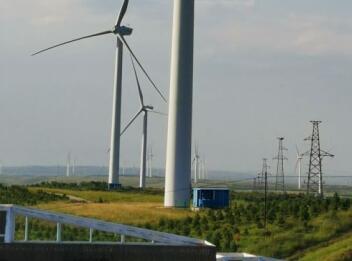Dealing with Poor Refrigeration Cooling Performance
When a refrigerator fails to maintain a proper cooling temperature, it can compromise food safety and freshness. This article provides professional and practical solutions for addressing poor refrigeration cooling performance to ensure optimal functionality.
Check the Temperature Settings:
Verify that the refrigerator temperature settings are correctly adjusted. The ideal temperature range for refrigerators is between 35°F (1.7°C) and 38°F (3.3°C). Adjust the temperature controls accordingly and monitor the temperature for any changes.
Ensure Proper Air Circulation:
Check for obstructions that may hinder the airflow inside the refrigerator. Rearrange items to allow sufficient space between them, ensuring proper air circulation. Avoid overcrowding the shelves and ensure that vents are not blocked by food or containers.
Clean the Condenser Coils:
Dust and debris accumulation on the condenser coils can hinder the refrigerator’s cooling efficiency. Regularly clean the coils using a soft brush or vacuum cleaner to remove the buildup. This will improve heat dissipation and enhance cooling performance.
Check the Door Seals:
Inspect the door seals to ensure they are intact and tightly sealed. Damaged or loose seals can allow warm air to enter the refrigerator, compromising its cooling effectiveness. Replace worn-out seals to maintain a proper seal.
Check the Evaporator Fan:
The evaporator fan is responsible for circulating cool air throughout the refrigerator. If the fan is not working correctly, it can result in poor cooling performance. Check the fan for any obstructions or signs of damage. If necessary, replace the fan or seek professional assistance.
Assess the Condenser Fan:
The condenser fan helps dissipate heat from the refrigerator. If the fan is not functioning correctly, it can affect the cooling performance. Check the fan for any obstructions or signs of damage, and ensure it is spinning freely. If needed, replace the fan or consult a professional.
Monitor the Defrost System:
A malfunctioning defrost system can lead to ice buildup on the evaporator coils, restricting airflow and causing poor cooling. Monitor the defrost system and check for signs of ice accumulation. If necessary, manually defrost the refrigerator or seek professional assistance for repairs.
Seek Professional Assistance:
If the above steps do not resolve the cooling issue, it is advisable to seek professional help. A qualified technician can diagnose the problem accurately, identify any underlying issues, and perform the necessary repairs or replacements.
Conclusion:
Poor refrigeration cooling performance can be a cause for concern, affecting food safety and freshness. By checking temperature settings, ensuring proper air circulation, cleaning condenser coils, inspecting door seals, assessing the evaporator and condenser fans, monitoring the defrost system, and seeking professional assistance when needed, you can address and resolve cooling performance issues, ensuring optimal refrigerator functionality.
